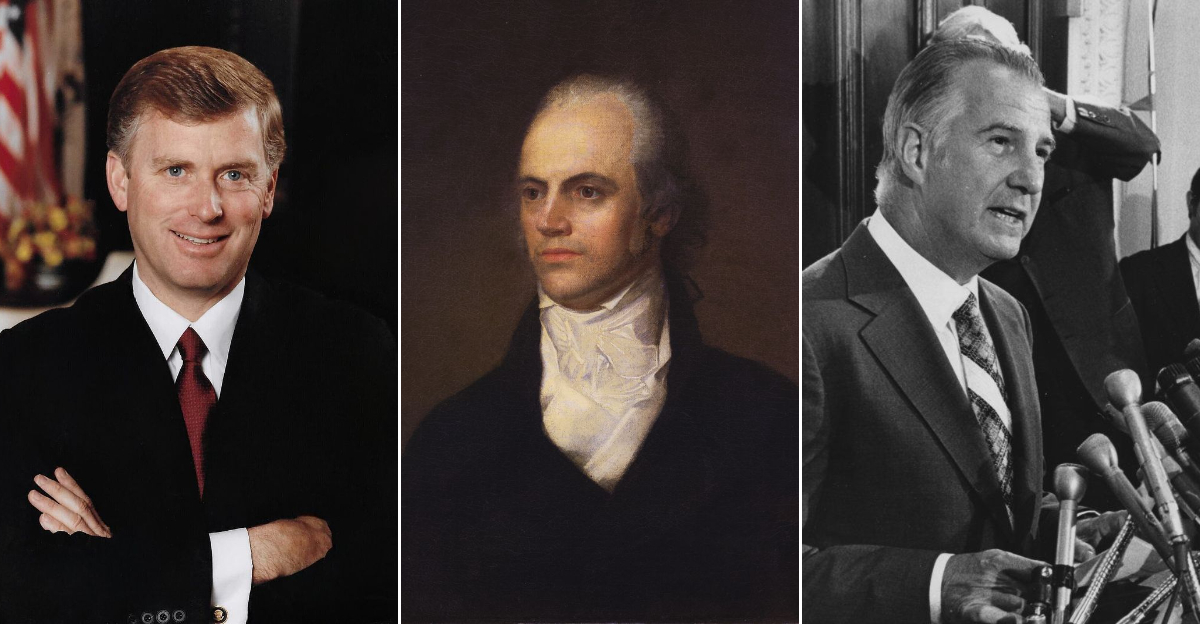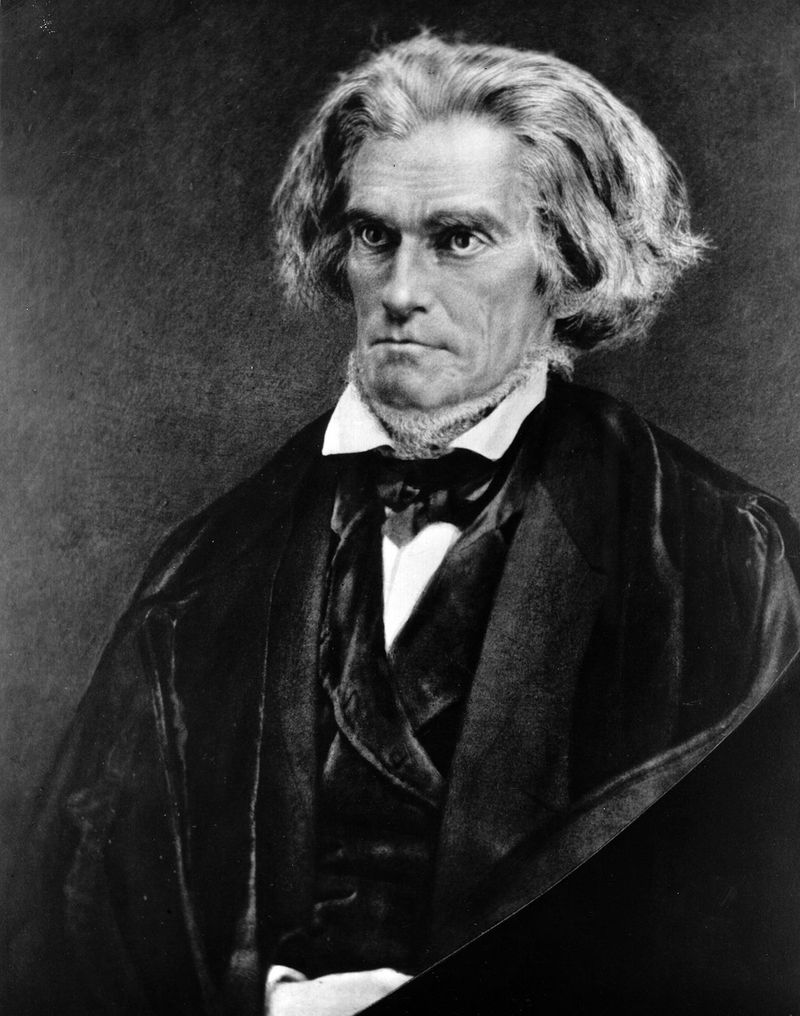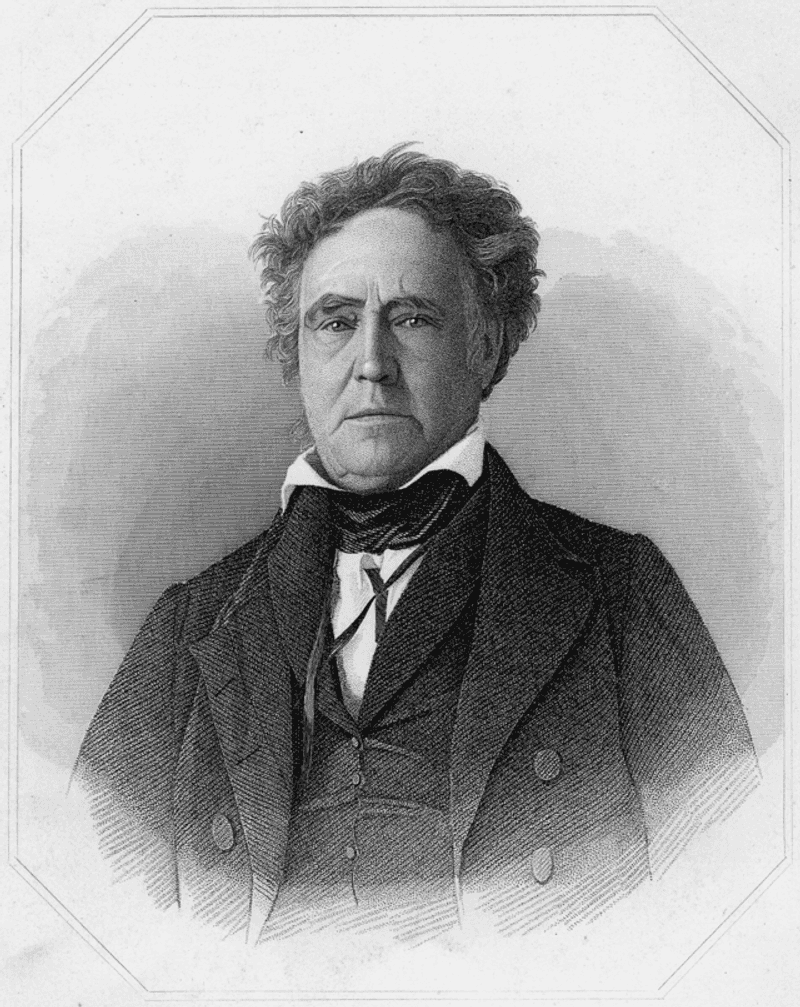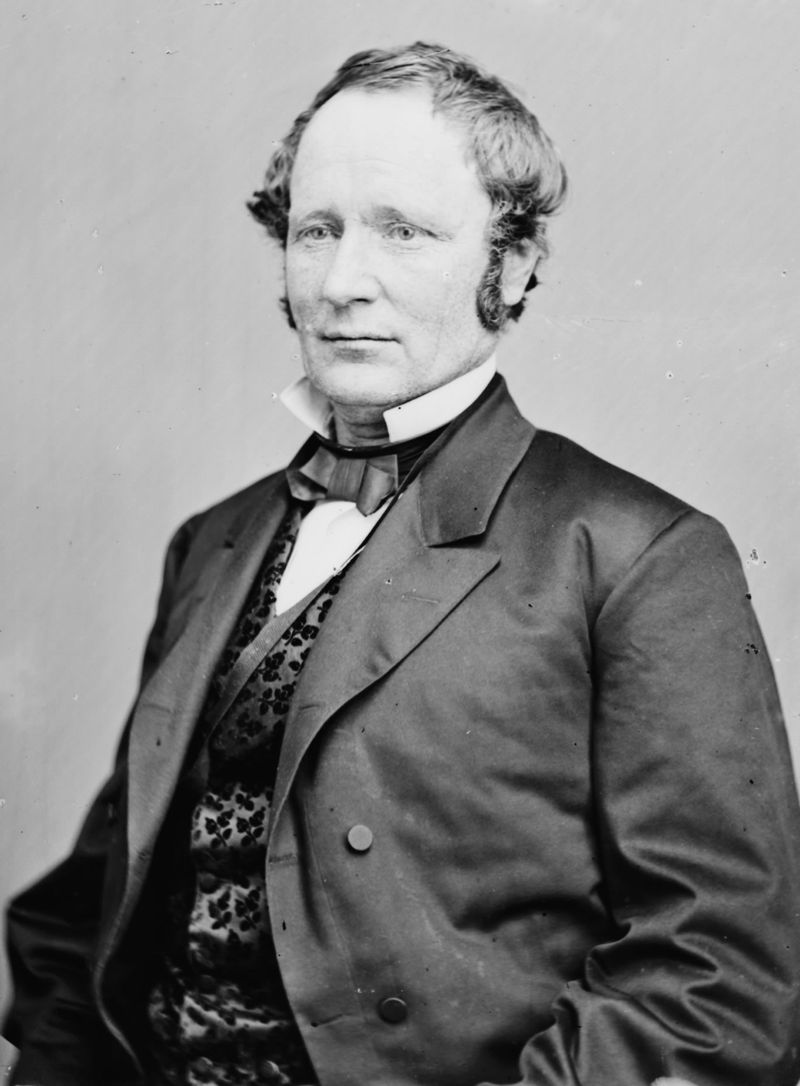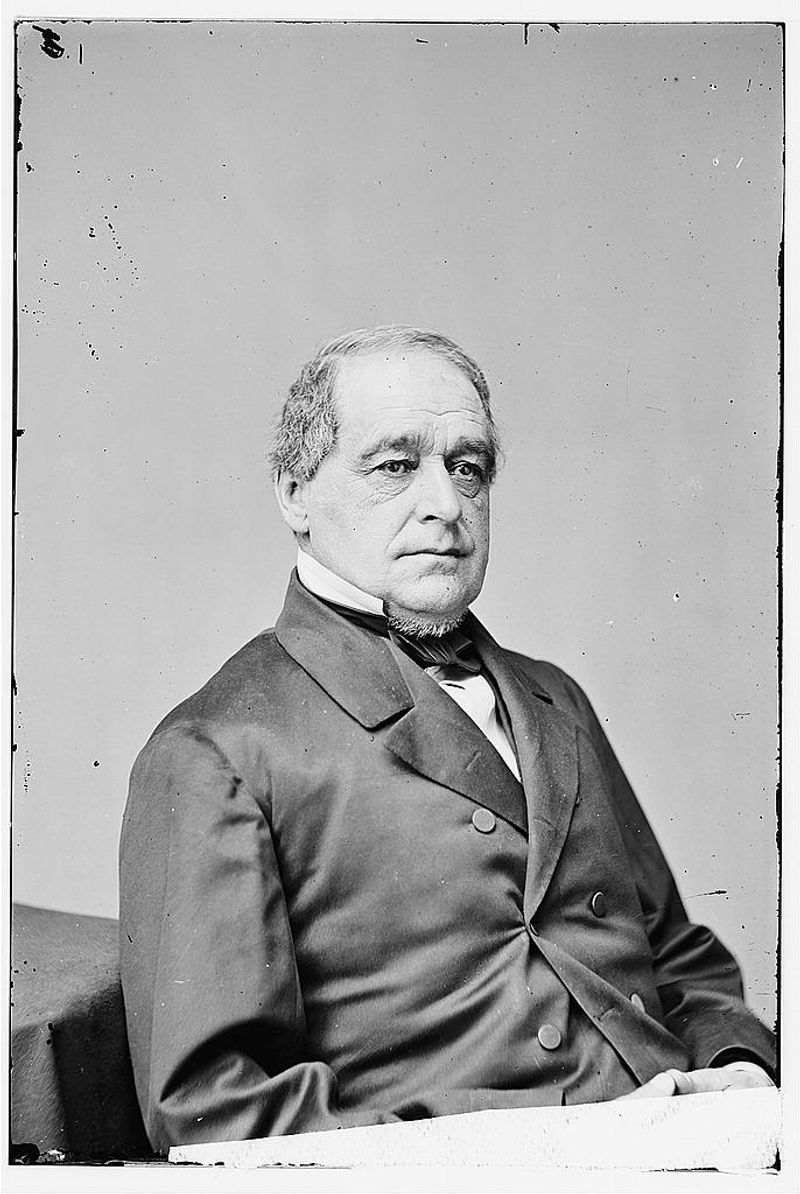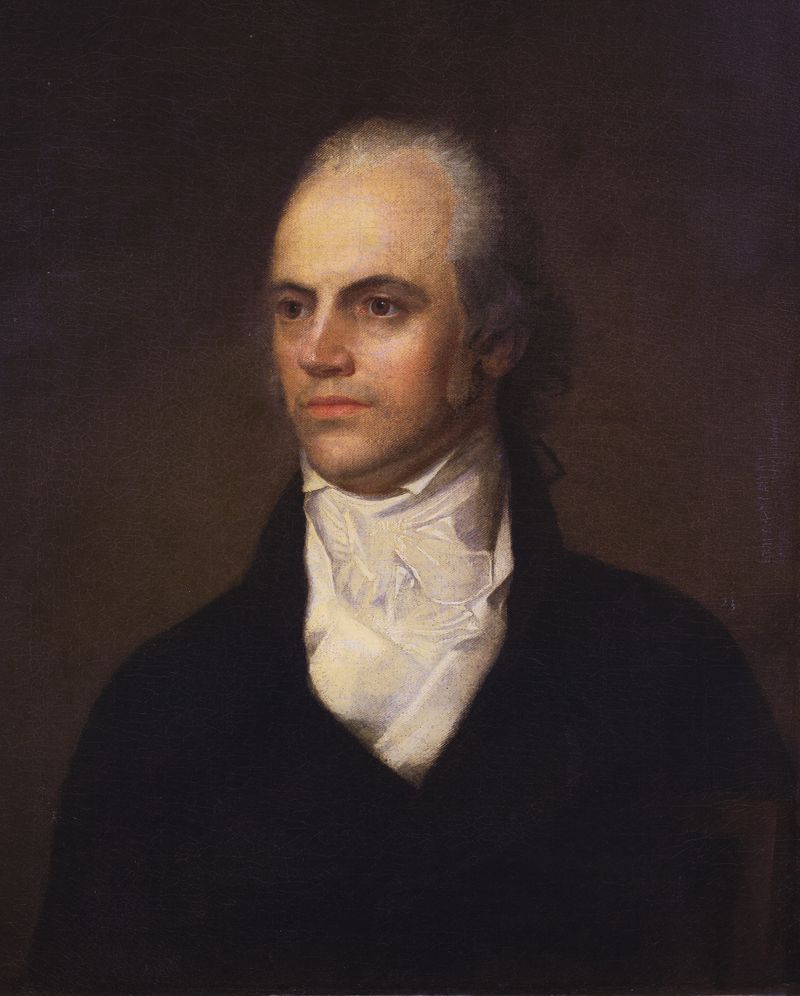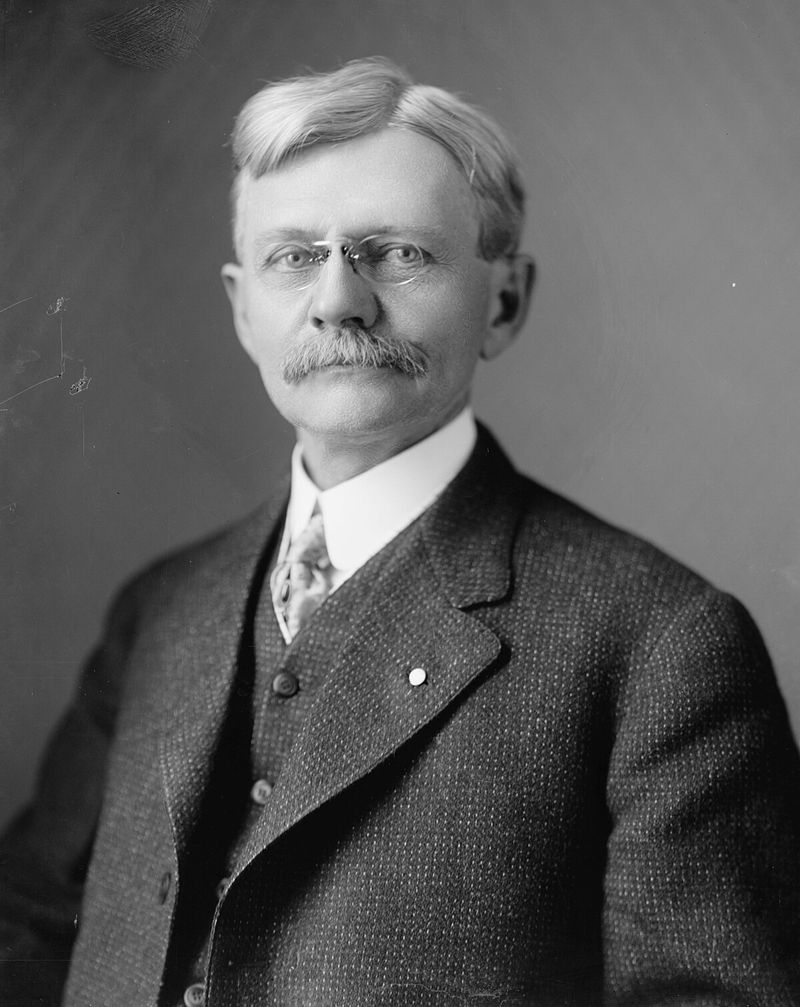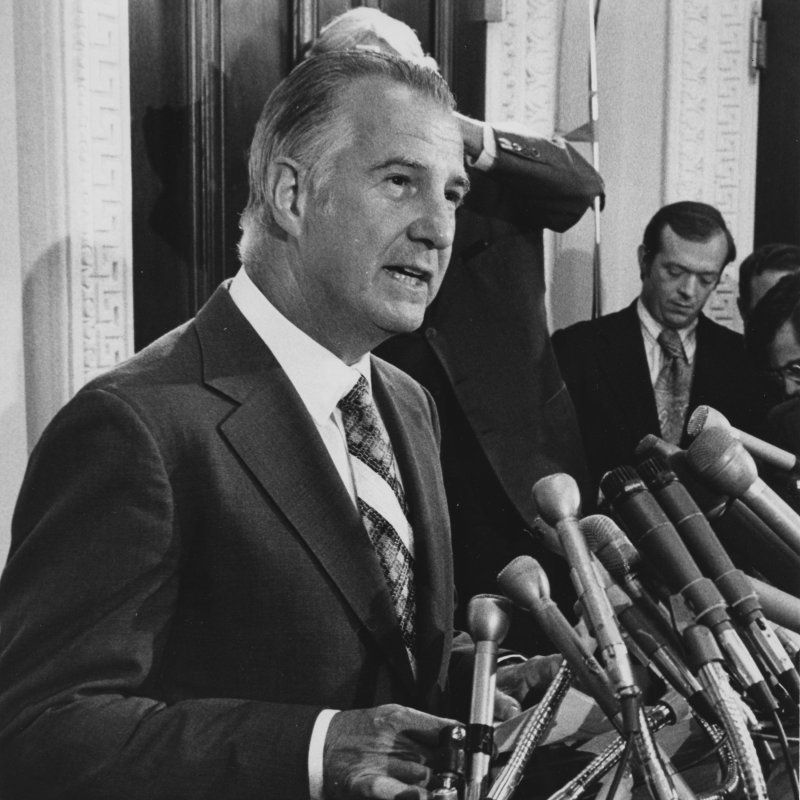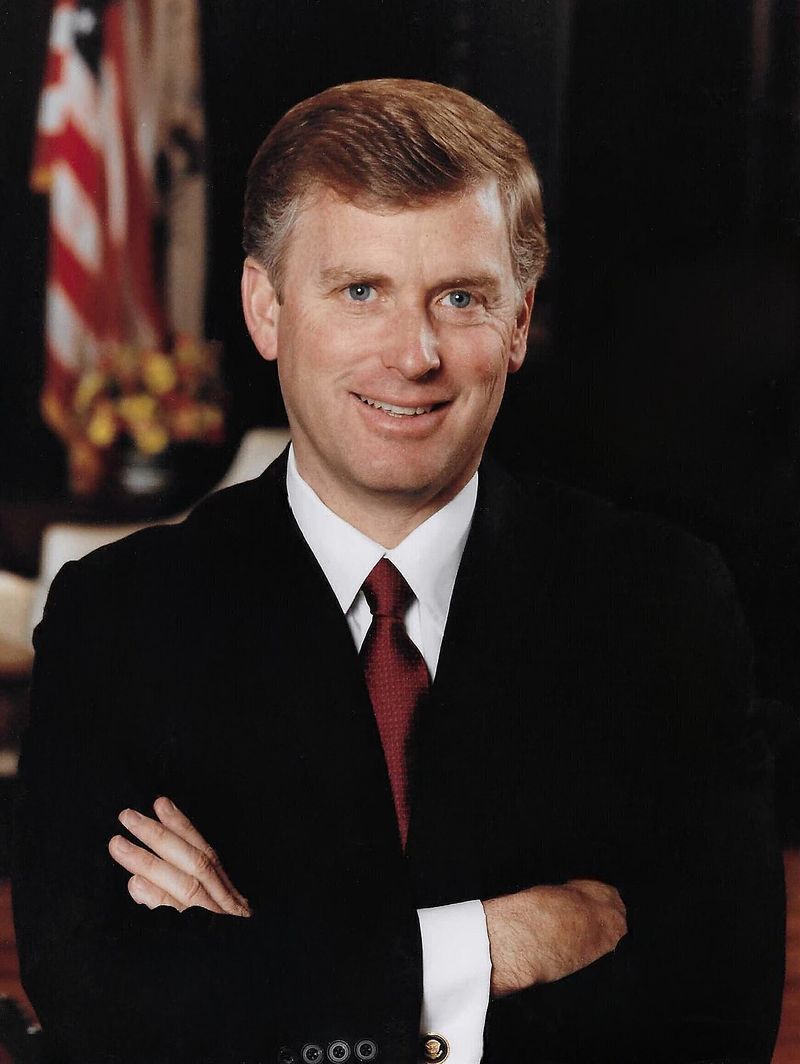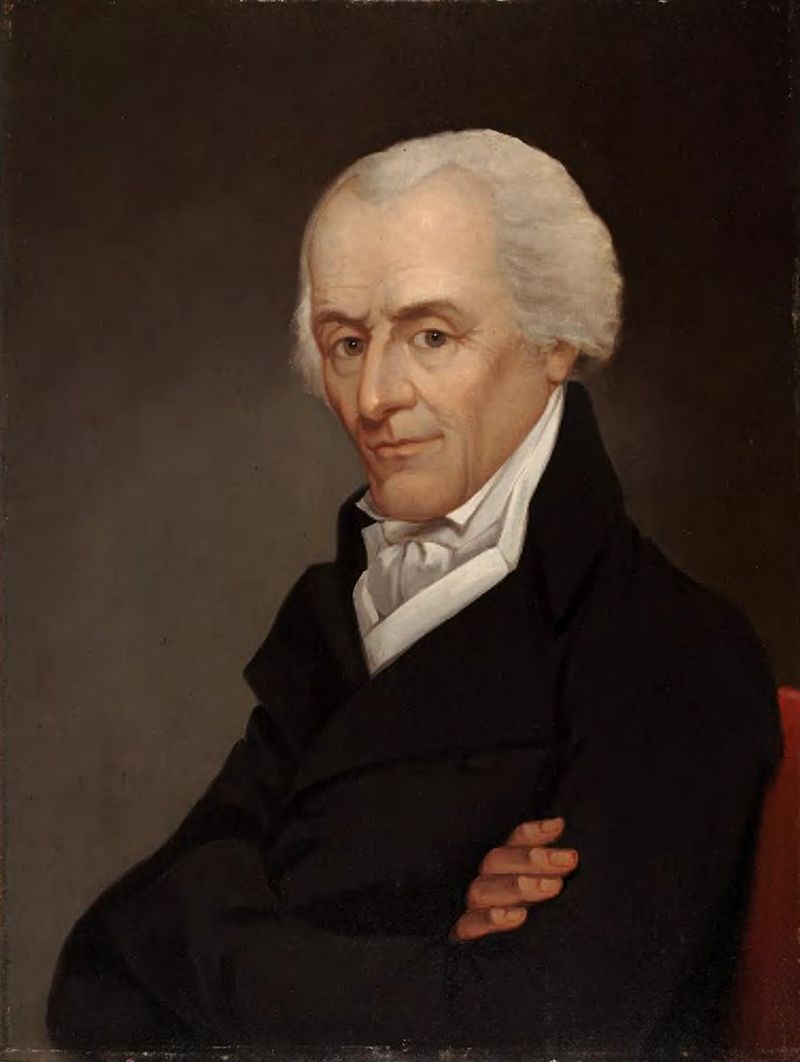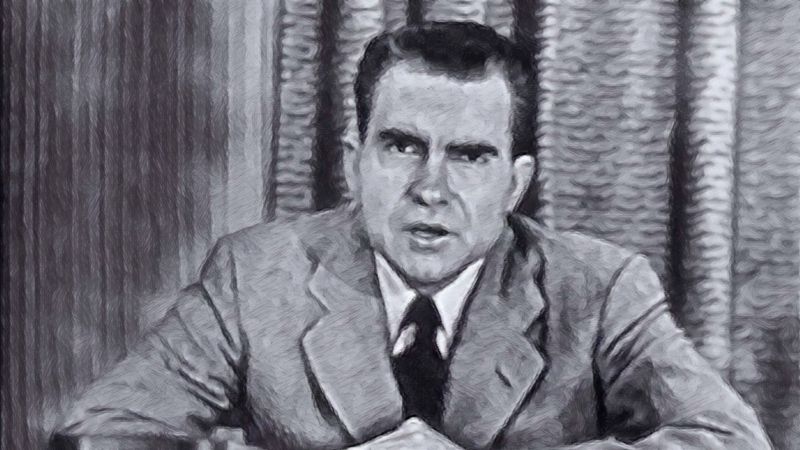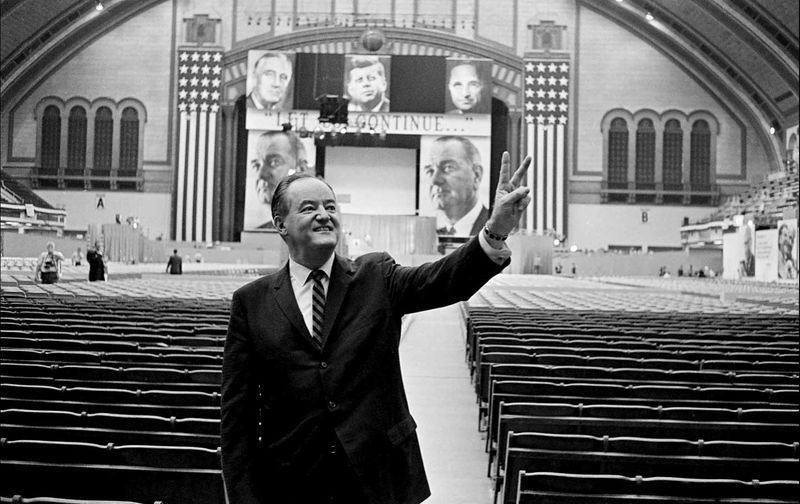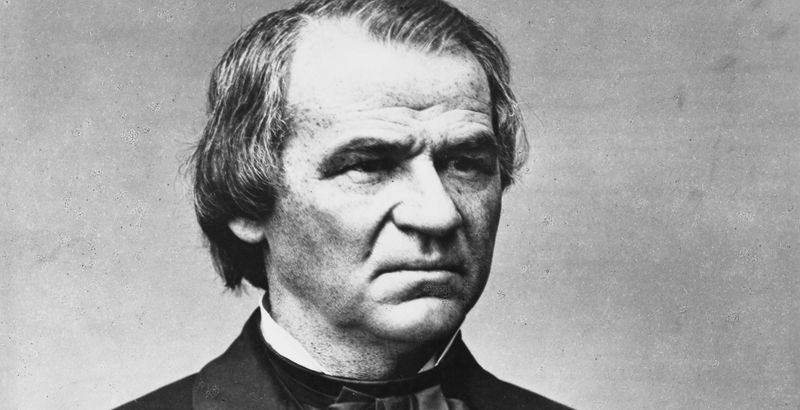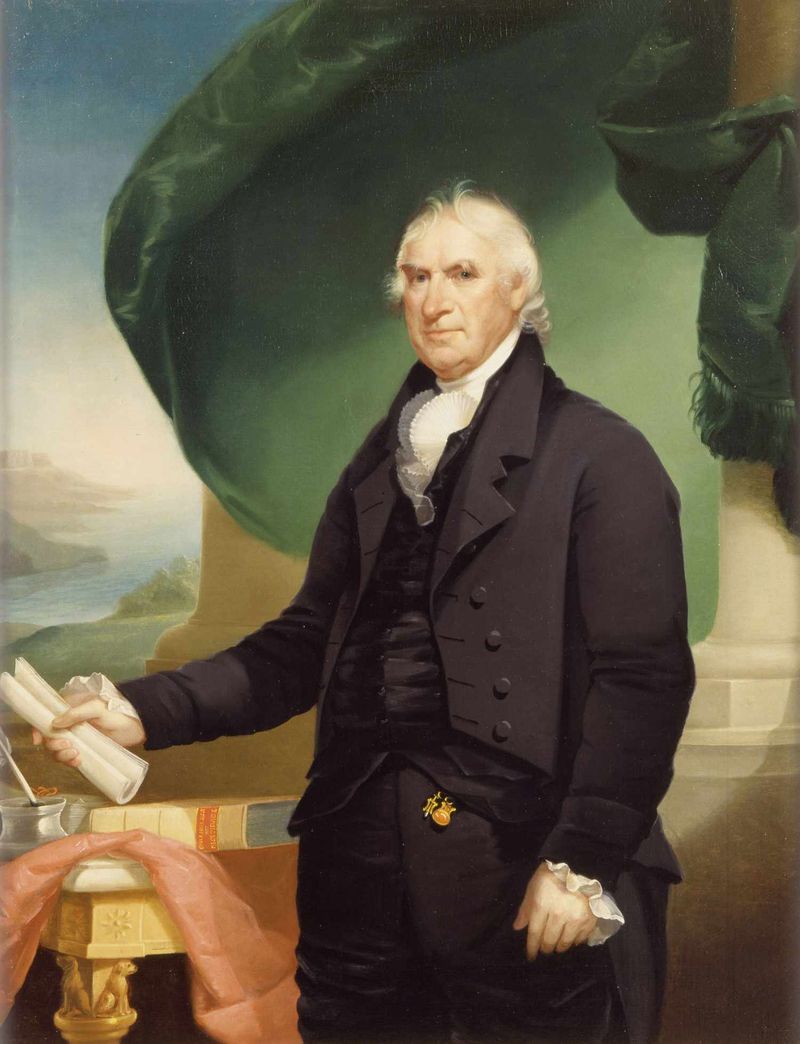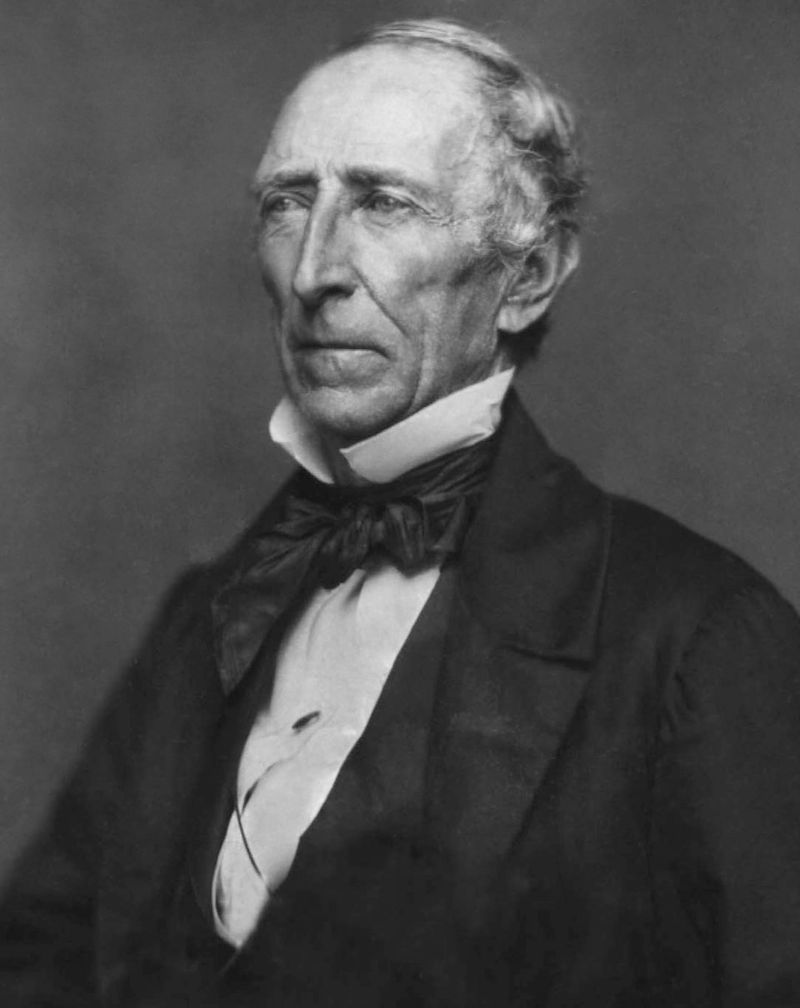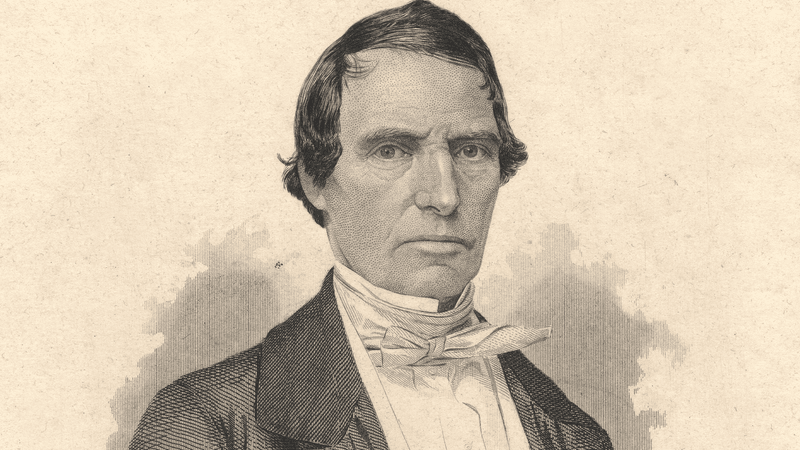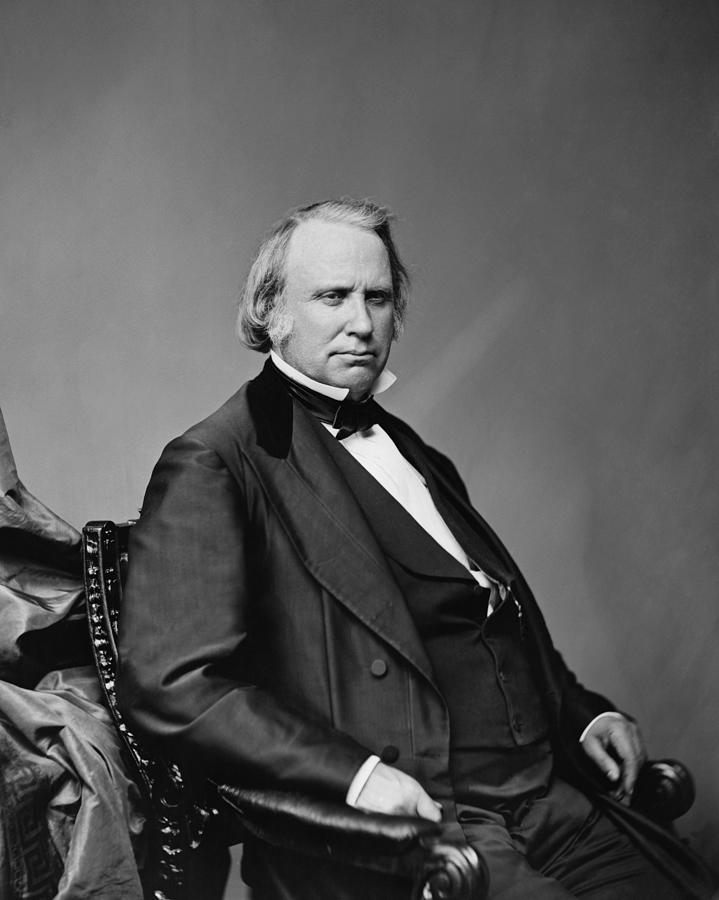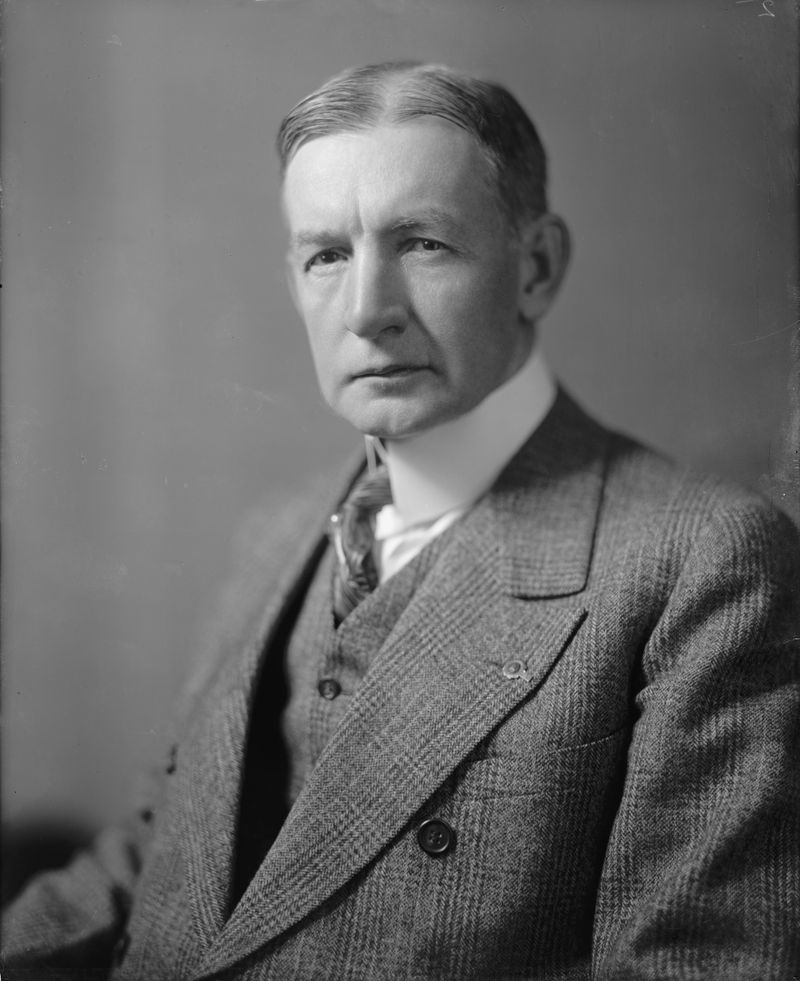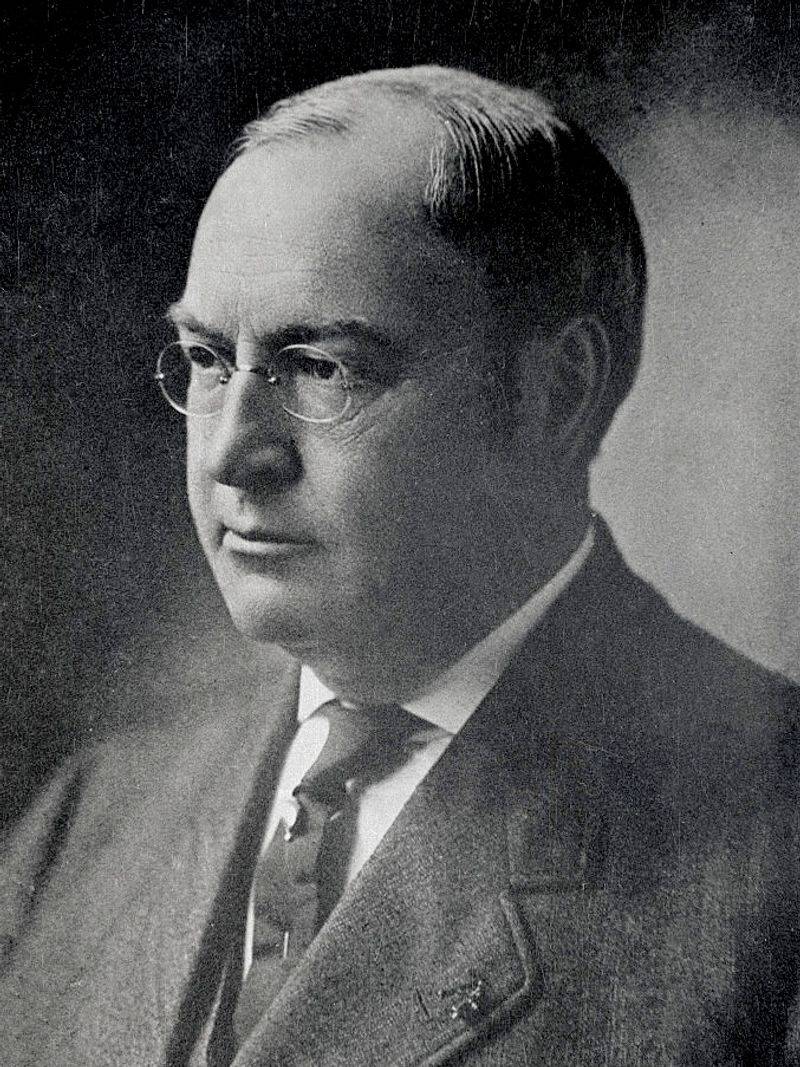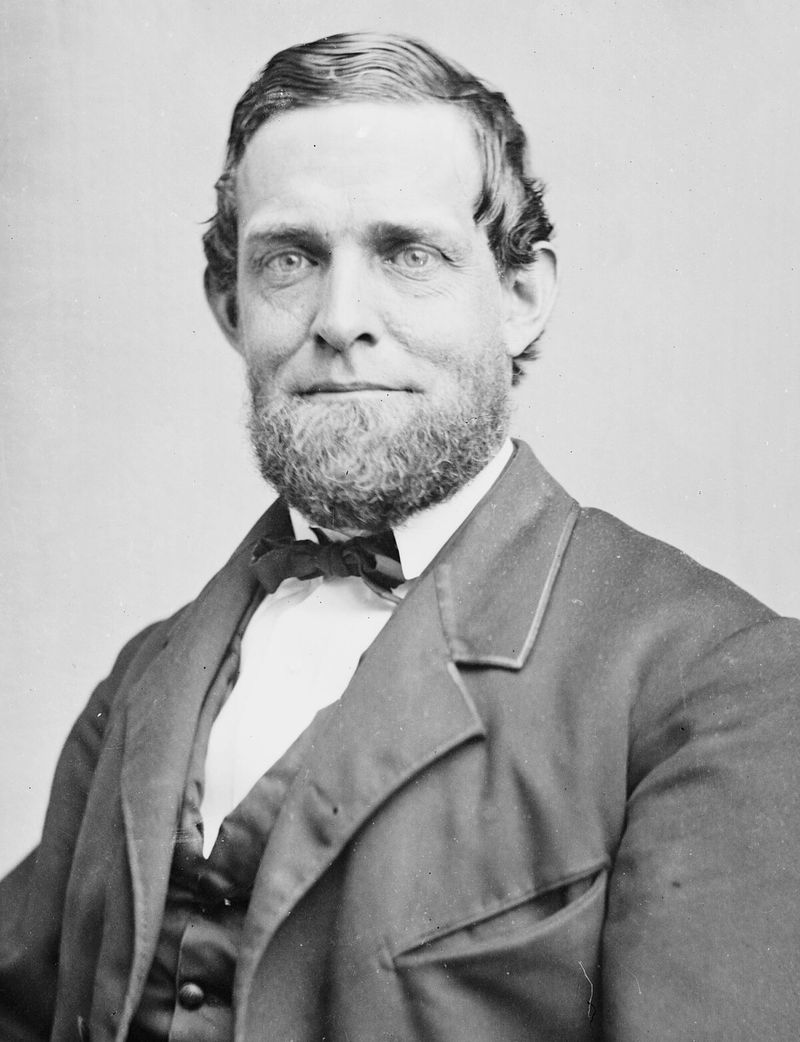Here’s a candid look at 19 vice presidents whose tenures were marred by scandal, incompetence, or sheer irrelevance. While some faded into obscurity, others left behind legacies that historians still debate—and often criticize.
1. John C. Calhoun (1825–1832)
John C. Calhoun, a firebrand of his era, fiercely championed states’ rights and slavery, becoming a polarizing figure. His staunch support for nullification challenged the federal government’s authority, leading to tensions that foreshadowed the Civil War. Despite his intellect and eloquence, Calhoun’s divisive stances alienated many.
Serving under two presidents, his tenure was marked by discord and controversy. Calhoun’s legacy is complex; revered in some circles, reviled in others. His role in the nullification crisis remains a defining moment, showcasing the tumultuous nature of his vice presidency.
2. Richard Mentor Johnson (1837–1841)
Richard Mentor Johnson, known for his eccentricity, left a peculiar mark on the vice presidency. His personal life, including a common-law marriage to a slave, sparked controversy. During his term, Johnson took an unprecedented nine-month leave to manage his tavern, which drew public ire and ridicule.
His tenure was largely ineffective, characterized by a lack of significant contributions. Often remembered more for his quirks than his political achievements, Johnson’s legacy is one of missed opportunities. His time in office serves as a peculiar chapter in the history of vice presidents.
3. Thomas A. Hendricks (1885)
Thomas A. Hendricks’ vice presidency was notably brief and largely uneventful. Opposing civil rights for African Americans, Hendricks’ conservative stance placed him at odds with progressive movements of his time. Serving less than a year before his untimely death, his impact was minimal.
Hendricks’ tenure, shadowed by his health issues, is often overlooked in historical discussions. His inability to enact significant change or influence policy left little for historians to debate. Despite his ambitions, his vice presidency remains a mere footnote in the annals of American political history.
4. Hannibal Hamlin (1861–1865)
Hannibal Hamlin’s term as vice president during the Civil War was marked by detachment. As Abraham Lincoln’s running mate, he found himself sidelined, lacking influence in the administration’s major decisions. His absence from key discussions led to his replacement in the subsequent election.
Despite his earlier political accomplishments, Hamlin’s vice presidency is often seen as a missed opportunity for influence during a critical period in American history. His legacy is one of quiet obscurity, overshadowed by the monumental events of the era and the towering figure of Lincoln.
5. Aaron Burr (1801–1805)
In the annals of political infamy, Aaron Burr stands tall. Known primarily for his fatal duel with Alexander Hamilton, Burr’s vice presidency was overshadowed by personal vendettas and ambition. His audacious plot to establish a separate nation in the American Southwest later led to a treason trial, though he was acquitted. Despite his intellect, his reputation suffered irreparably.
Burr’s tenure is a tale of wasted potential, marred by controversies. His actions left an indelible mark on the vice presidency, serving as a cautionary tale of power gone awry. Even today, his legacy sparks debate among historians and scholars.
6. Thomas R. Marshall (1913–1921)
Thomas R. Marshall, known for his wit, faced a critical moment when President Wilson suffered a stroke. Marshall’s refusal to assume presidential duties created a leadership vacuum, raising questions about the vice president’s role in crises. His tenure was largely uneventful, save for this pivotal decision.
Despite his humor and intellect, Marshall’s legacy is marred by this indecision. His famous quip, “What this country needs is a really good five-cent cigar,” reflects a man more comfortable with humor than power. Marshall’s story remains a cautionary tale of missed leadership opportunities.
7. Spiro Agnew (1969–1973)
Spiro Agnew’s vice presidency ended in disgrace, a rare resignation over legal troubles. Charged with tax evasion linked to a bribery scandal, Agnew’s fall was swift and ignominious. His combative style and sharp rhetoric had already earned him critics, but the scandal sealed his fate.
Agnew’s legacy is a stark reminder of the potential for corruption in high office. Despite his initial popularity, his name is now synonymous with scandal and misconduct. Agnew’s tumultuous tenure remains a glaring example of political downfall, overshadowing any achievements he might have had.
8. Dan Quayle (1989–1993)
Dan Quayle’s vice presidency is often remembered for gaffes, most notably the infamous “potatoe” misspelling incident. His frequent verbal missteps made him a subject of public ridicule, overshadowing his policy contributions. Despite his earnestness, Quayle struggled to be taken seriously.
His tenure was a mix of ambition and blunders, as he navigated his role in the Bush administration. Quayle’s legacy, often reduced to a punchline, reflects the harsh scrutiny faced by public figures. Yet his experience underscores the challenges of maintaining credibility in the political arena.
9. Elbridge Gerry (1813–1814)
Elbridge Gerry’s name lives on in “gerrymandering,” a testament to his controversial political maneuvering. However, his vice presidency was brief and largely unremarkable. His health deteriorated quickly, leading to his death in office, cutting short any potential influence.
Gerry’s legacy is paradoxical; while his vice presidency is nearly forgotten, the term “gerrymandering” endures as a symbol of political manipulation. His tenure lacked significant achievements, overshadowed by his earlier political actions. Gerry’s story serves as a reminder of the ephemeral nature of political power and influence.
10. Richard Nixon (1953–1961)
Before his presidency, Richard Nixon’s vice presidency was not free from controversy. Accusations of campaign finance improprieties almost derailed his political career. Yet, Nixon’s skillful Checkers speech turned the tide, showcasing his political savvy and resilience.
His tenure was marked by a complex mix of ambition and controversy, laying the groundwork for his later presidency. Nixon’s vice presidential years reveal a man adept at navigating political storms, though foreshadowing future challenges. His legacy in this role is intertwined with both his triumphs and tribulations.
11. Hubert Humphrey (1965–1969)
Hubert Humphrey’s unwavering support for the Vietnam War alienated many of his liberal supporters, casting a shadow over his vice presidency. Despite his passionate advocacy for civil rights, his association with the unpopular war eroded his reputation.
Humphrey’s tenure was marked by contradictions; a champion of progressive causes, yet entangled in a contentious conflict. His political career was a balancing act between ideals and obligations. Humphrey’s legacy, a blend of achievements and missteps, reflects the turbulent 1960s and the challenges of leadership in polarized times.
12. Andrew Johnson (1865)
Andrew Johnson’s vice presidency was short-lived, but his subsequent presidency defined his legacy. Opposing Reconstruction efforts and clashing with Congress, he became the first U.S. president to be impeached. His time as vice president was largely overshadowed by his controversial presidency.
Johnson’s tenure highlighted deep divisions within the country, as he struggled to navigate the post-Civil War landscape. His political battles and impeachment remain pivotal in American history. Johnson’s legacy is a cautionary tale of discord and dysfunction, illustrating the complexities of national healing.
13. George Clinton (1805–1812)
George Clinton served under two presidents but left little mark on American politics. His opposition to key policies like the War of 1812 rendered him ineffective. Despite his earlier achievements as New York’s governor, Clinton’s vice presidency lacked direction and impact.
Clinton’s legacy is one of missed influence, overshadowed by the era’s significant events and his reluctance to adapt. While his name is remembered, his contributions as vice president are minimal. Clinton’s story underscores the challenges of leaving a lasting imprint in a rapidly changing political landscape.
14. John Tyler (1841)
John Tyler’s vice presidency was brief and unremarkable. His ascension to the presidency following Harrison’s death overshadowed his prior role. As vice president, Tyler made little impact, with his actions often seen as minimal and passive.
His legacy is largely defined by his subsequent presidency, not his vice presidency. Tyler’s time in office before becoming president remains largely forgotten, overshadowed by the challenges and controversies of his later years. His story highlights the often-overlooked nature of the vice presidency in American political history.
15. William R. King (1853)
William R. King’s vice presidency was tragically brief. Taking office in poor health, he died shortly afterwards, leaving no tangible legacy behind. His inability to serve effectively or influence policy marked his time in office.
King’s tenure is often remembered for its brevity rather than impact. Despite his long political career, his vice presidency remains a fleeting moment in history. The circumstances of his death highlight the unpredictable nature of political life and the challenges of serving while unwell. King’s story remains a poignant reminder of life’s uncertainties.
16. Henry Wilson (1873–1875)
Henry Wilson’s vice presidency was overshadowed by health issues that ultimately led to his death in office. Despite his dedication to public service, his tenure was marked by an inability to enact significant change.
Wilson’s legacy is one of perseverance despite personal challenges. His contributions to civil rights and labor reforms were noteworthy, yet his time as vice president remains obscure. Wilson’s story is a testament to the human spirit’s resilience, though his impact was limited by his health. His vice presidency serves as a footnote in a broader career of public service.
17. Charles G. Dawes (1925–1929)
Charles G. Dawes was known for his temper and clashes with Congress, which hindered his effectiveness as vice president. Despite his Nobel Peace Prize for the Dawes Plan, his time in office was marred by discord.
Dawes’ vice presidency is remembered for its contentious nature, overshadowing his achievements. His legacy is a mix of brilliance and conflict, as his inability to build consensus stymied his potential. Dawes’ story reflects the challenges of navigating the political landscape when temperament clashes with duty. His tenure remains a complex chapter in vice presidential history.
18. James S. Sherman (1909–1912)
James S. Sherman holds the distinction of being the first sitting vice president to die in office since 1875. His tenure, while stable, left little in terms of lasting achievements. Despite his amiable nature and political experience, Sherman’s time as vice president remains largely unremarkable.
Sherman’s legacy is defined by his sudden death, which overshadowed his service. His vice presidency is often seen as a period of status quo, lacking significant impact or reform. Sherman’s story serves as a reminder of the unpredictable nature of political careers and the fleeting nature of influence.
19. Schuyler Colfax (1869–1873)
Schuyler Colfax’s vice presidency was marred by scandal. Implicated in the Crédit Mobilier scandal, his reputation suffered irreparable damage. Despite his earlier reputation as a reformer, the scandal overshadowed his accomplishments.
Colfax’s tenure is a cautionary tale of how scandal can overshadow service. His legacy, once promising, became a symbol of political fallout. Colfax’s story reflects the challenges of maintaining integrity in public office. His vice presidency serves as a reminder of the high stakes in political life and the potential for reputational harm.
